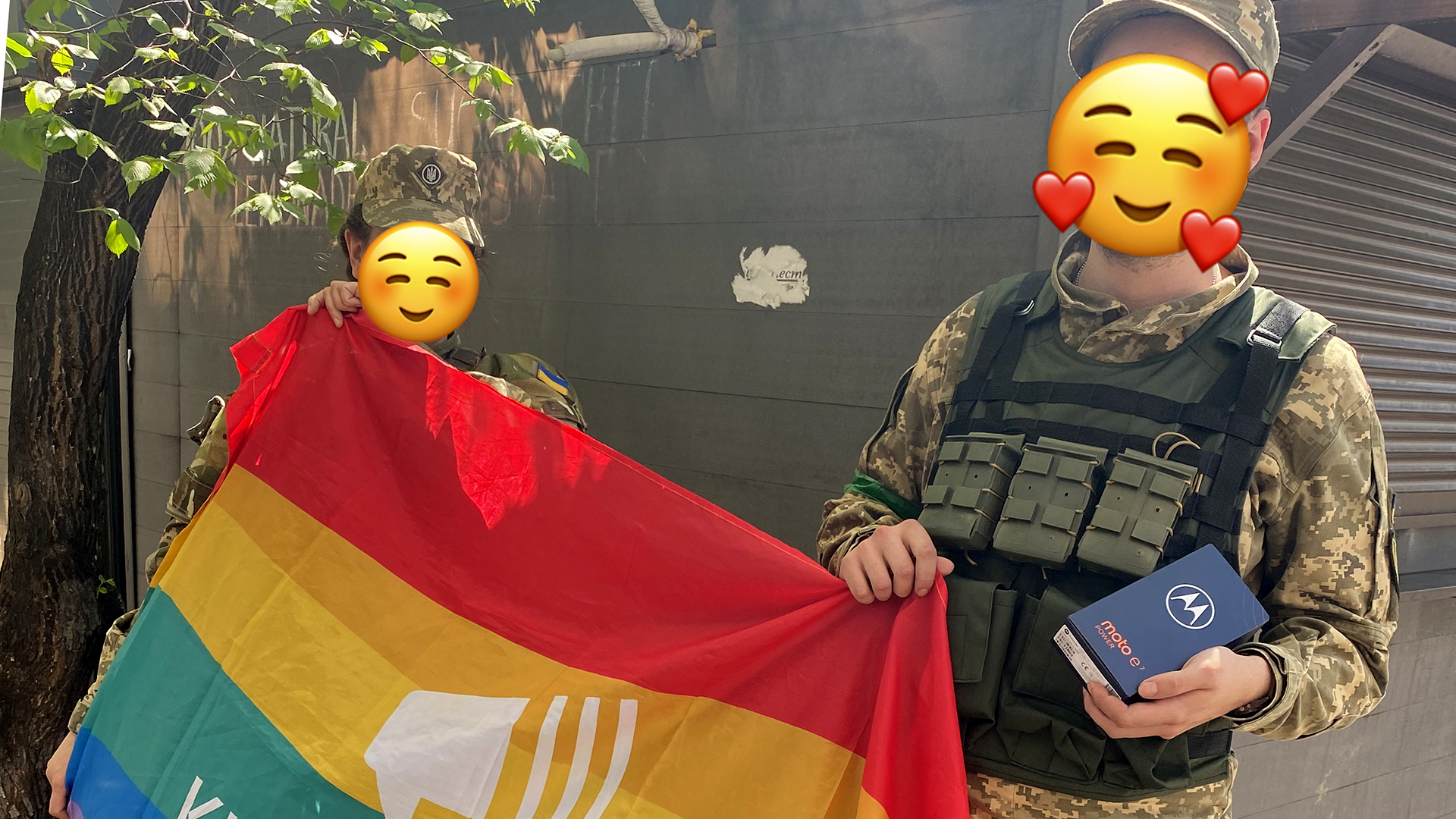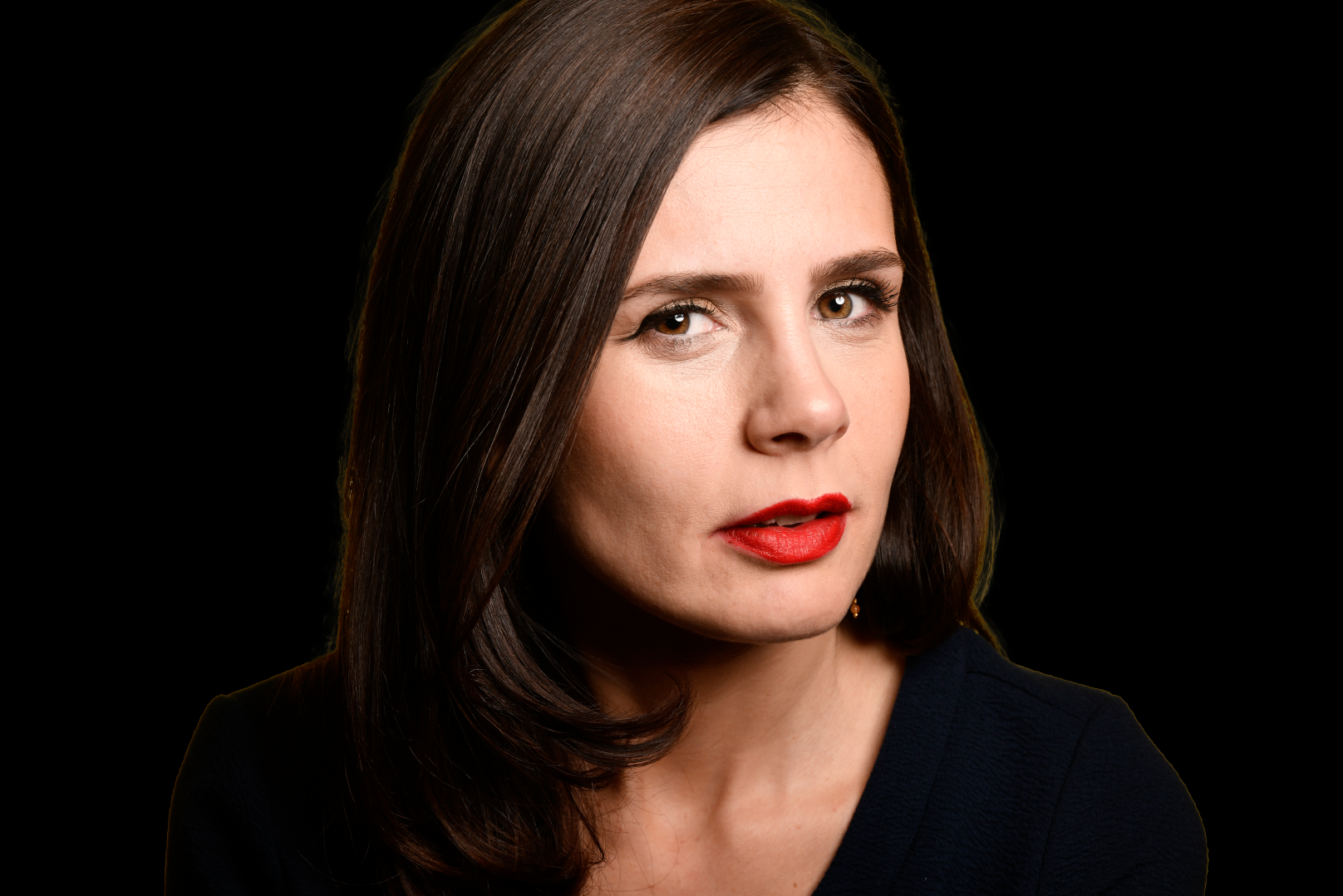
Lenny Emson: Women’s rights and LGBTQ+ rights are on the frontline
Ukrainian LGBTQ+ activist talks about fighting for rights in wartime.
Change happened because the LGBTQ+ community fought for their rights and freedoms.
We are fighting for our right to be visible in the Army.

Dafina Halili
Dafina Halili is a senior journalist at K2.0, covering mainly human rights and social justice issues. Dafina has a master’s degree in diversity and the media from the University of Westminster in London, U.K..
This story was originally written in English.